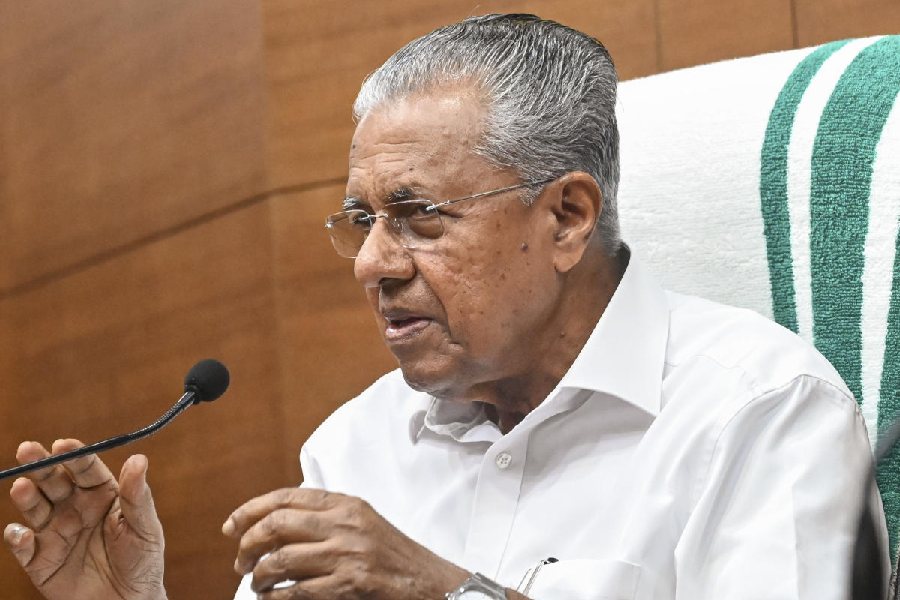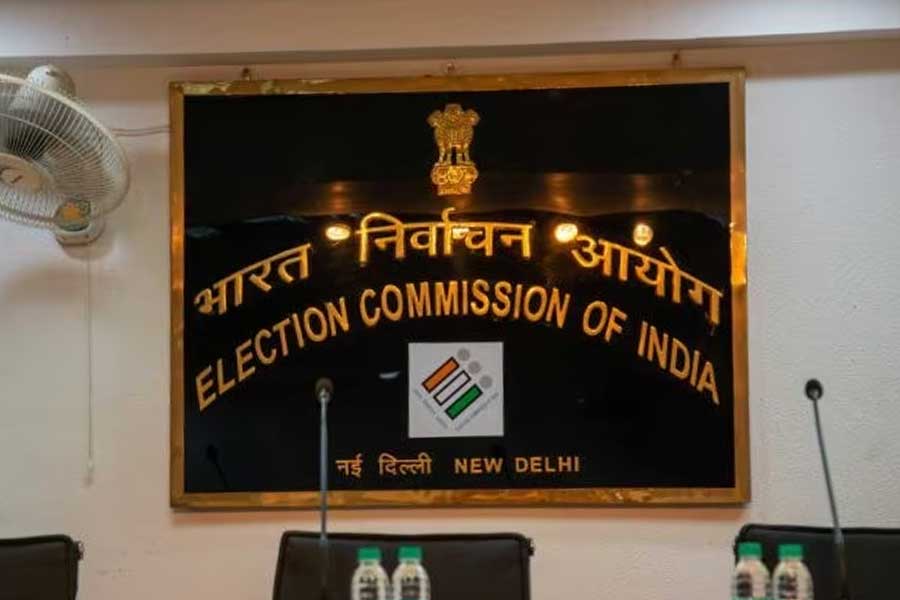In India, the governor of a state is formally the head of the executive. But he or she is not part of the elected government or even elected by an electoral college as the president is. Governors are appointed by the party ruling at the Centre, often as a reward for loyalty. The expectation that they shall be above politics, as imagined by the Constitution, was thus never very realistic. The governor’s leaning is often towards the Centre in Opposition-ruled states. No political party at the Centre, starting with the Congress, has been above exploiting the political potential of the governor’s role, but in the Bharatiya Janata Party-led regime, the relationship of governors with the legislatures in some Opposition states has become openly acrimonious. In Kerala, for instance, the governor, Arif Mohammed Khan, and the legislature keep clashing over different issues. Kerala has now proposed that states be given the power to recall governors who violate constitutional provisions, mishandle the job of chancellor and do not discharge criminal prosecution responsibilities.
The proposal — quite startling given the Constitutional mandate — retained propriety by being presented as a reply to the Centre’s request for feedback on the recommendations of the Punchhi Commission report on changes to be made in Centre-state relations. Kerala may have touched a chord in a number of Opposition states, including West Bengal, which wished the Centre to recall its governor, Jagdeep Dhankhar, whose constant criticism of and clashes with the legislature are unprecedented. Resistance to and delaying of executive business are the complaints against governors whom Opposition states find unfriendly. The other suggestions of Kerala, too, touch upon issues relevant to different states, saying that the Centre should consult the state when appointing a governor, that the governor should not be chancellor — Bengal said this too — and that the governor can ask for Central forces only with the state’s permission. The proposals aim to lessen the Centre’s power, channelled through the governor, to undermine a state’s authority or raise questions about the legitimacy of an elected government. The Constitution, while attributing some powers to the office, does not seem to envisage the governor engaging in political tussles. Kerala’s proposals articulate the main issues behind Opposition states’ discontent. They must be addressed; the Centre has to decide on the method.











